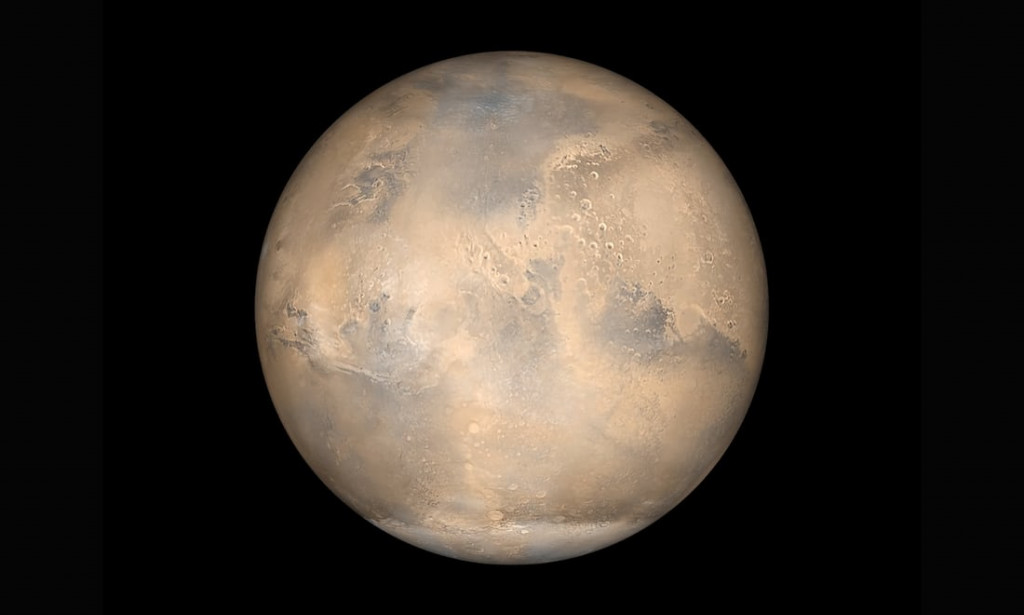As per the US Geographical Overview (USGS), the greatest tremor ever to occur here on Earth occurred on May 22, 1960, in Chile. Known as the Valdivia Tremor, it had a size of 9.5, went on for 10 minutes (that is gigantic to the extent that quakes go), and set off waves that struck Chile, Hawaii, Japan, the Philippines, New Zealand, Australia, and the Aleutian Islands.
Earth is, obviously, not by any means the only planet to have tremors. Truth be told, odds are they occur on every single rough world, and we know that in light of the fact that on somewhere around one of them we people have gear set up ready to recognize these movements.
Mars is the planet being referred to, and the specific stuff sent there to quantify the ground movements of the planet is called Knowledge. Having shown up there in 2018, the Inside Investigation utilizing Seismic Examinations, Geodesy and Intensity Transport gear, by its complete name, has proactively uncovered beforehand unsubstantiated things about the planet.
This month however, Knowledge entered the set of experiences books by recognizing a shudder NASA calls "the greatest at any point identified on another planet." It occurred on May 4 and is accepted (affirmation is as yet forthcoming) to have had an extent of 5.
That may not seem like much here on The planet, as our planet gets a lot of those consistently, yet as indicated by NASA that is "near the maximum furthest reaches of what researchers expected to see on Mars during Knowledge's central goal."
Up to this point, Understanding has felt in excess of 1,313 shakes on Mars, with the past generally strong one appraised at size 4.2 in August 2021.
"Since we set our seismometer down in December 2018, we've been hanging tight for 'the enormous one,'" said in an articulation Bruce Banerdt, Knowledge's foremost agent at NASA's Stream Drive Research center in Southern California, which drives the mission.
"This shudder makes certain to give a view into the planet like no other. Researchers will dissect this information to learn new things about Mars long into the future.

You must be logged in to post a comment.